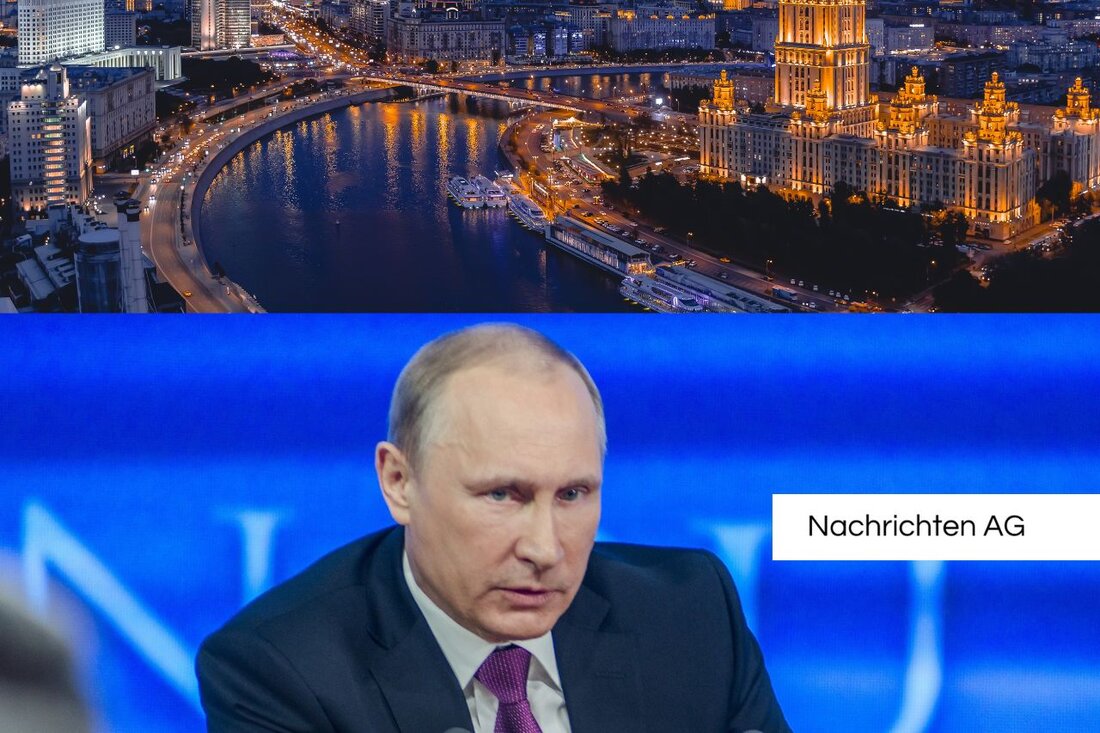ESC 2026 in Vienna: JJ calls for Israel to be excluded because of the Gaza conflict!
Austrian singer JJ calls for Israel to be excluded from the ESC 2026 in Vienna for political reasons. Controversy and debate follow.

ESC 2026 in Vienna: JJ calls for Israel to be excluded because of the Gaza conflict!
The Eurovision Song Contest (ESC) has once again become the focus of international discussion. The Austrian singer JJ, known for his clear stance, calls for Israel to be excluded from the ESC 2026 in Vienna. This demand has its roots in the recent military clashes in the Gaza Strip, in which over 50,000 people are said to have lost their lives Vol.at reported. JJ draws parallels to Russia's 2022 exclusion following the invasion of Ukraine and emphasizes the need for a clear stance from the European Broadcasting Union (EBU).
The discussion about Israel's participation in the ESC is accompanied by controversy over the voting in the final, in which the Israeli singer Yuval Raphael came in second place. Although it received 60 points from the juries and 297 points from the public vote, several countries such as Spain and Belgium are calling for a review of the televoting. These demands are based on allegations that mobilization campaigns via social media may have influenced the vote outcome.
Political context and implications
The handling of Israel within the framework of the ESC divides opinions and raises questions about the political neutrality of the competition. An EBU FAQ page attempts to address the controversy surrounding Israel's participation. This includes security measures and reasons for participation, which are directly linked to Israel's membership in the EBU, which requires a state broadcaster, such as Newsweek determines.
Israel's participation remains subject to a call for a boycott. Criticism comes from the advocacy group Palestine Solidarity Campaign, which calls Israel's participation "shameful" and accuses the EBU of hypocrisy. There are also numerous voices on the social network who find the FAQ page inadequate and state that the concern for universal values and inclusion must be maintained despite the current conflicts.
The role of the EBU and future challenges
The EBU has made it clear that it is a non-political organization and distances itself from treating Israel in a different light than that of Russia. This distinction has caused further tension within the Eurovision community. The ESC, which has existed since 1956 and had 162 million TV viewers worldwide in 2023, is faced with the challenge of representing its values while at the same time geopolitical tensions are increasing Mirror Online illuminated.
In this tense climate, it remains to be seen how the EBU will respond to the demands and criticisms, while the discussion about the voting system and the political neutrality of the ESC continues to heat up. It is clear that the competition is increasingly being perceived as a platform for social and political issues, far beyond music.

 Suche
Suche
 Mein Konto
Mein Konto